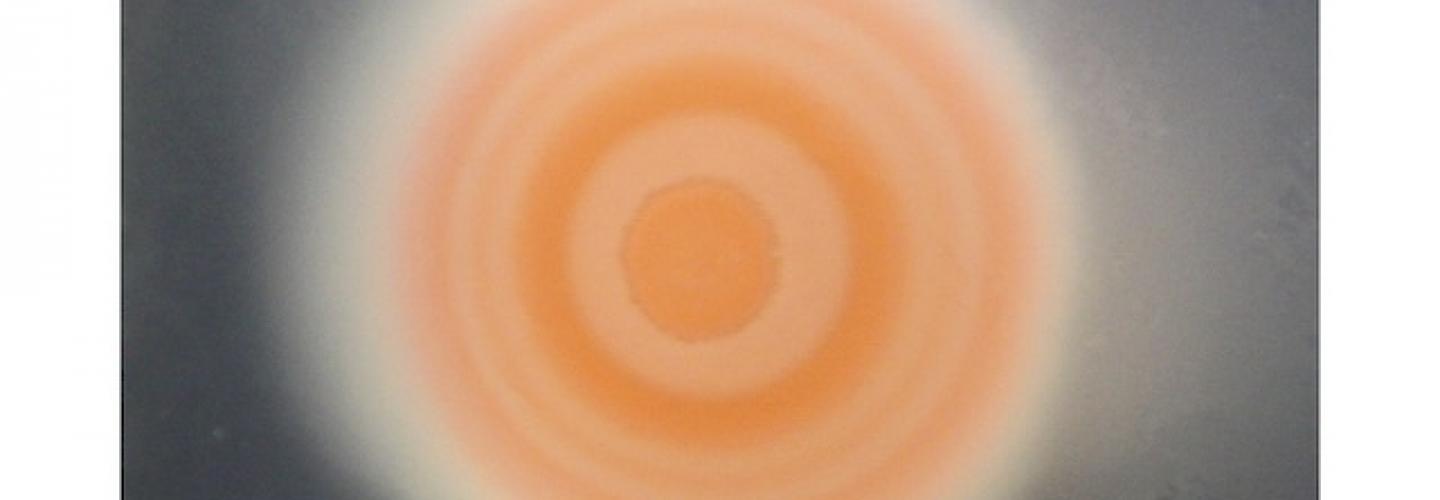Experience with diverse research projects and styles are an essential part of graduate training. To provide this training, all graduate students are exposed to different laboratories through a series of rotations. Lab rotations serve several functions.
• Provides an opportunity to explore different laboratories in detail, in order to find the laboratory where they will do thesis work.
• Ideally, the student will be exposed to different sub-disciplines and techniques related to their main interest.
• Each rotation gives the student a "home base" with the opportunity for meaningful contact with faculty and with lab members.
Students are required to perform three lab rotations.
Before beginning a rotation in a particular lab, students are expected to discuss their plans with the advising committee; this will help ensure that the proposed rotation will provide suitable research experience that fits with the student’s main interests. Students are also advised to make plans for their rotations at least several weeks in advance as space is not always available in all labs. Students should discuss and define clearly all aspects of the proposed project with the rotation advisor. Students must submit the Lab Rotation form to the Academic Office in order to be registered for an Independent Study course (BIOL 9999) in this lab. The rotation form can be found at the Forms website.
Students must carry out two of their three lab rotations with members of the Biology Graduate Group. Members include Biology Faculty as well as various faculty from other Penn Schools.
Rotations involve relatively brief exposure to ongoing research in a laboratory, usually 8 weeks in length. The emphasis is on gaining experience; it is neither required nor expected that the rotation project will involve completing a substantial body of work. Students should note that each lab is different in its rotation requirements, but it is expected that students will devote a considerable amount of time in the lab during the rotation period.
Beginning July 1, 2024, all students are required to keep a lab notebook when rotating in a lab or conducting their dissertation research. Please follow the guidelines and protocols of the lab in determining the format and style of the notebook. As a reminder, lab notebooks (and other products of research) are the property of the University, not of the student or principal investigator.
Rotation Evaluations
At the end of each lab rotation, the student will receive a written evaluation by the rotation supervisor. The evaluation will be submitted to the Graduate Chair and become a part of the student’s permanent file. The supervisor will discuss both positive and negative aspects of the rotation with the student. The evaluation form for completion by the lab supervisor can be found at the Forms web page.
The lab rotation is noted on the transcript as BIOL 9999 – Independent Study and graded as a course unit. Lab rotation grades are as follows:
A (including A+ or A-) = Excellent, Supervisor willing to accept student in lab.
B (including B+ or B-) = Good, Student worked hard, has potential, but concerns.
C (including C+ or C-) = Poor, Supervisor has serious concerns regarding student’s ability.
Please note that the lab rotation reports will be under consideration as part of the assessment given in December of the second year.

